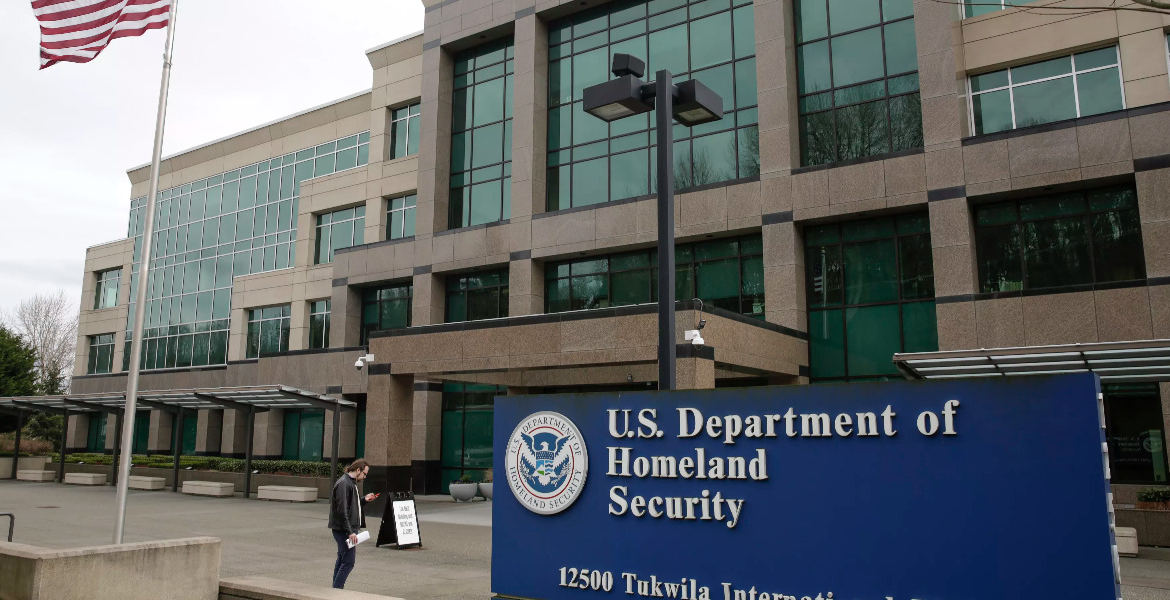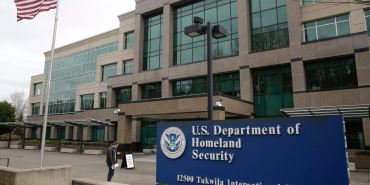US to Collect DNA, Facial, and Voice Data from All Immigration Applicants

The US Department of Homeland Security (DHS) has proposed new rules that would greatly expand the collection of biometric data across the immigration system.
The department will require DNA samples, facial images, fingerprints, iris scans and voice recordings from nearly all individuals connected to immigration applications.
At present, DHS primarily uses biometric information to conduct background checks and confirm identities during immigration benefit requests.
The new proposal would extend these requirements to a much wider group, including applicants, sponsors, dependents and even US citizens or permanent residents involved in immigration filings. According to DHS, the changes are intended to strengthen identity verification and support immigration law enforcement.
The proposal would also allow the department to collect biometric data not only during active applications but in cases where older or related applications are reopened or reviewed. This would give DHS authority to obtain biometrics from individuals whose previous immigration cases may still be relevant.
One of the most debated provisions concerns the inclusion of DNA as a standard biometric identifier. While DHS has previously used DNA testing in limited situations, such as verifying family relationships, the new rule would formalise its use more broadly and permit the collection of partial DNA profiles.
The proposal also introduces other biometric types, including palm prints, ocular imagery and voice recognition data, to build a more comprehensive identity database. Civil liberties groups have raised concerns about the privacy implications and the potential impact on due process.
The rule’s application to US citizens and lawful permanent residents, particularly in family-based visa petitions, would mark a significant expansion of biometric surveillance. Critics caution that the proposal could establish wider norms for government data collection beyond immigration enforcement.
The draft rule also removes existing age exemptions, meaning children could be required to provide biometric information. Legal experts and child welfare advocates argue that this aspect presents ethical and practical challenges for implementation.
DHS maintains that the expanded system is essential to protect national security and preserve the integrity of the immigration process. However, its broad scope, affecting millions of people, including citizens, has prompted a national discussion about privacy, oversight and the growing role of biometric surveillance in public administration.
The proposal is now open for public comment, with responses expected from legal, human rights and immigration organisations.








Add new comment